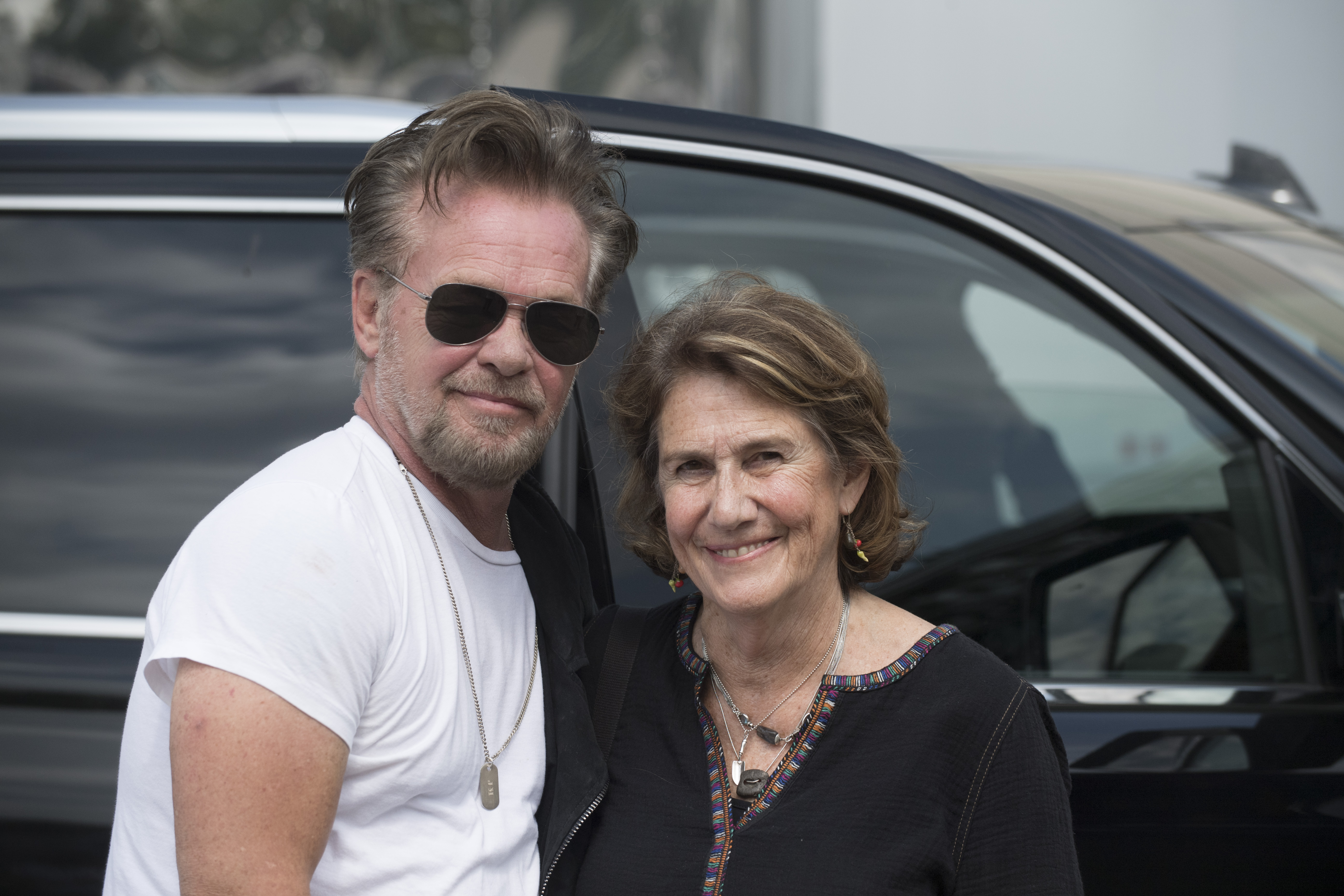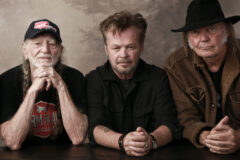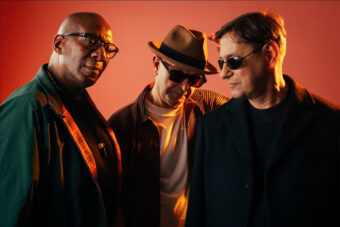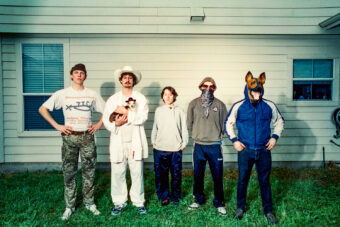In July 1985, Bob Dylan stood on stage at Live Aid and suggested a concert just for America’s farmers. Willie Nelson, Neil Young and John Mellencamp ran with the idea, and on Sept. 22, 1985, Farm Aid held its first concert in Champaign, Illinois in front of 80,000 people, featuring performances by its founders, as well as Dylan, Billy Joel, Bonnie Raitt, B.B. King, Loretta Lynn, Roy Orbison and Tom Petty. The concert raised over $7 million.
That’s when Willie knew he needed an executive director to keep the motor running. He chose Carolyn Mugar, a renowned activist for social issues and a driven community leader, and thirty-five-years later, Farm Aid has raised close to $60 million to keep family farmers on their land. Much more than an annual concert, Farm Aid works year-round to create more markets for family-farm food, foster a network of support services for family farms in crisis, and to fight for systemic change.
I spoke with Carolyn about the last 35 years, what’s changed and needs to change, and what you—yes, you—can do to help the cause.
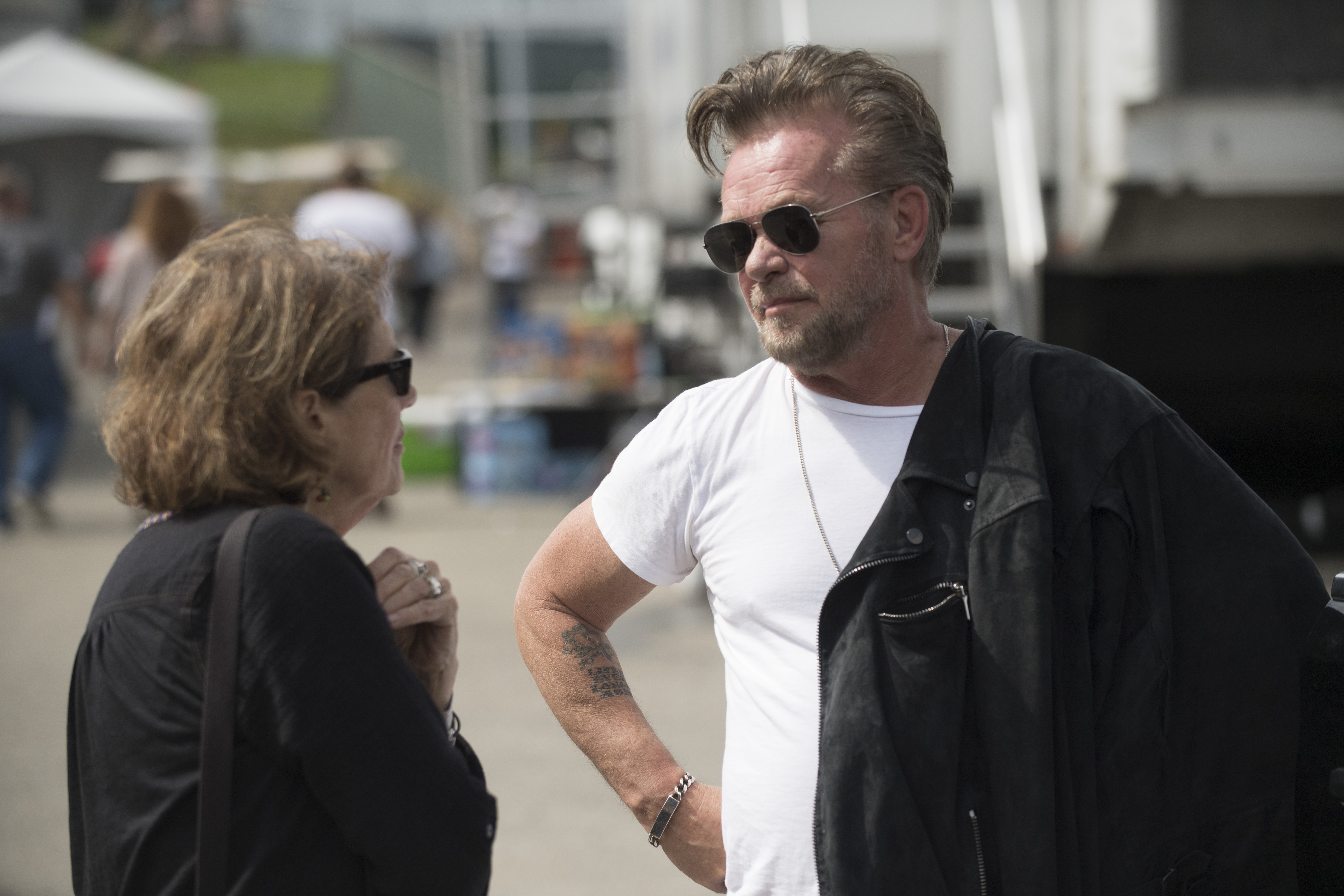
SPIN: Why did you join Farm Aid?
Carolyn Mugar: Because Farm Aid was an organizing effort, finding the people who were getting together and proposing and creating solutions. That’s the work I had always done as a union organizer. Willie is a listener and I tried to follow that DNA—it’s what I learned early on. John, Willie and Neil said from Day One that farmers know what the solutions are; they just need a microphone to amplify their voices and the chance to come together to build power. They knew that’s how they could be helpful, and I could too.
Why did Farm Aid begin in 1985 — what was the call to action?
Willie, traveling the backroads and highways of the country, could see that farmers were in trouble; their voices weren’t being heard and no one was speaking up for them, and Willie understood how important they are. The Farm Crisis happened because farm policy had encouraged farmers to take out as much debt as they could to grow as much as possible. But then crop prices dropped to record lows, export markets completely dried up or were shut down by federal policies (not unlike the trade wars recently started that damaged today’s export markets), and farmland values crashed. When the farm loans had to be paid back and farmers had been unable to sell their crops and their land was suddenly worthless, some lost everything. Willie, John and Neil held the first Farm Aid concert to bring national attention to these conditions, which had pushed hundreds of thousands of farmers into bankruptcy. But they didn’t stop there and farmers kept organizing. Willie and John went to Congress to testify before the Senate Agricultural Committee. Two years later, the Farm Credit Act of 1987 was passed, putting a moratorium on farm foreclosures and allowing farmers to restructure debt so they could stay on the land.
What has changed since 1985—for better and for worse?
For worse, we have fewer farmers each year, and the ones that remain get larger and larger by the year. That’s a result of corporate power and consolidation, and it means our food comes from a smaller number of larger farms. But for better what has changed is peoples’ consciousness. There is an incredible movement of people who are more actively informed and involved in the food system, and who understand the links between our food system and some of our biggest challenges, like climate change and systemic racism and inequality. There’s power in those numbers.
Why is music historically so often the means to start important movements, like Farm Aid?
Music is a common language—a cultural touchpoint we all share. In the case of Farm Aid, music is the reason many people first connect to our mission. They come in the door for the music, and they go back to their communities having met farmers, eaten family farm food, listened to artists and gained inspiration for making changes in their own lives. These changes can be as simple as visiting their farmers market the following week or getting to know a local farmer. They’re small changes with the potential to make big change.
Are small, family-owned farms at risk of disappearing? What is the impact if they do?
Willie has a good line about his own life, growing up picking cotton. He says once he knew how hard it was to farm, he knew he wanted to be a musician! Being an independent farmer in our country shouldn’t be as hard as it is, especially considering how crucial farmers are for our survival. But our systems are set up for it to be like that. Our current Secretary of Agriculture described the kinds of policies we’ve had for decades when he recently declared, “The big get bigger and the small go out [of business].” But striving to be the biggest and most efficient is no way to operate our food system. We learned that when COVID-19 hit this spring and our corporate food system broke down, with farmers forced to plow under their crops and euthanize their livestock, and people going hungry. In that moment of crisis, that’s when you saw local and regional food systems thrive! Farmers jumped into action to feed their communities. We need systemic change—in our policies, in our markets, in our laws—to make it possible for farmers to make a fair living growing good food for us. What’s at risk is ourselves.
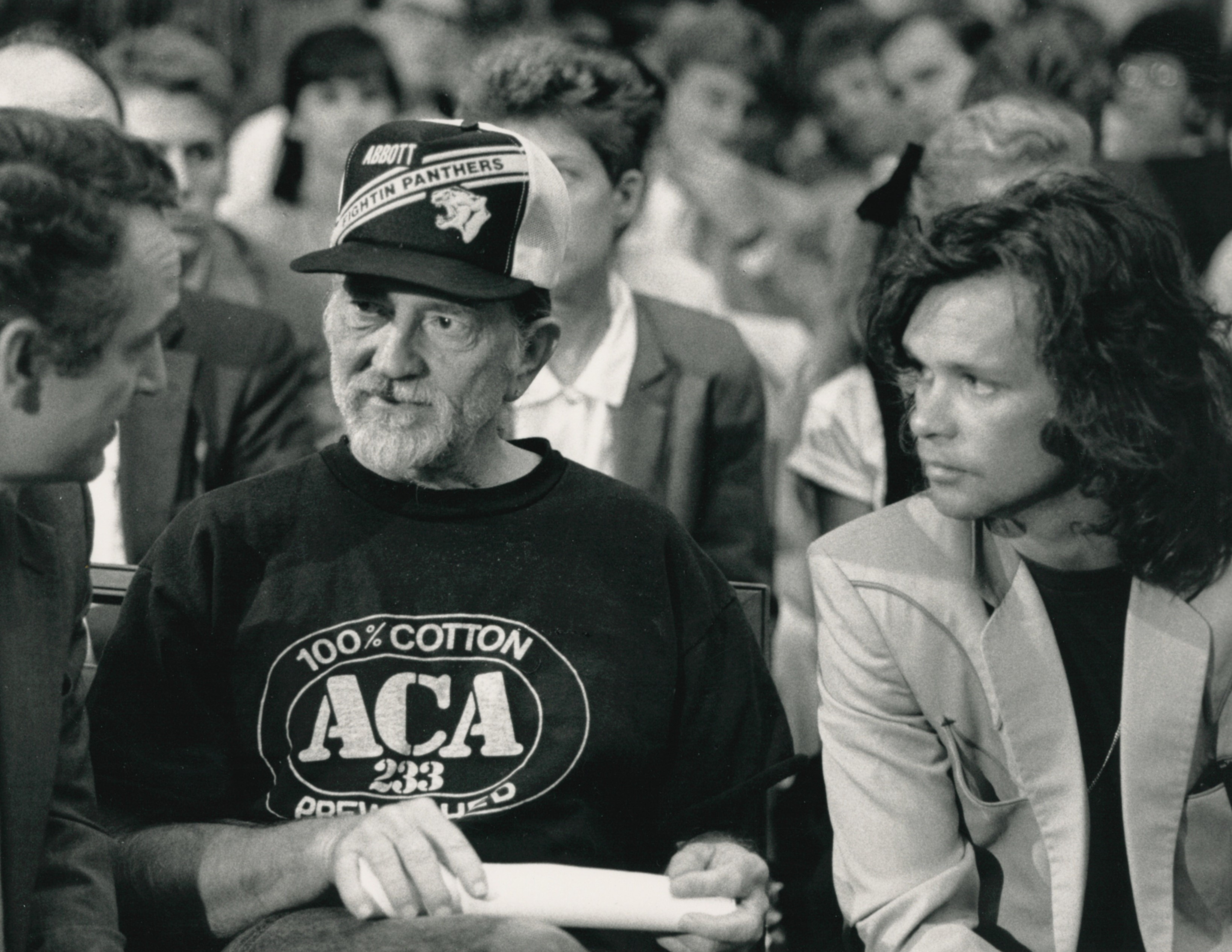
What’s the most common misconception people have about farming in America?
That farming is a monolith—that all farmers think and act and vote the same. Our 35 years of work with people all across this country — in so-called red states and blue states — tells us otherwise. The people who grow and raise our food and fiber are much more diverse than we are led to believe. And they are resilient and engaged in the work to protect their farms and our soil and water. We work with farmers and ranchers who have fought to protect our land from oil pipelines, who have traveled to the villages of their workers to understand how they can better support migrant farmworkers, who lead volunteer teams to monitor water quality near factory farms to do the regulation their states should be doing to ensure safe drinking water. Farmers are critical natural resources for all of us.
How can an average person become a community activist?
I always point to the example of John, Willie and Neil: When they decided to take a stand for farmers, they did what they could, from their place, to participate. For them, that was playing music, bringing people together, and using their platforms to share information and engage people. They didn’t need to be experts in farming or farm policy. They merely needed to feel something was wrong and offer what they do best in service of that. We all have that power within us.
What can be done to create the greatest long-term impact for America’s farmland?
Farm Aid’s vision is a future where farmers and eaters are partners in creating a thriving system that benefits all of us. That’s going to take each of us realizing and supporting the incredible contributions that farmers make—not just in bringing food to our tables, but in caring for our soil and water, strengthening our communities, fighting climate change, bolstering our health, and more.
To learn more or to donate, visit farmaid.org.

